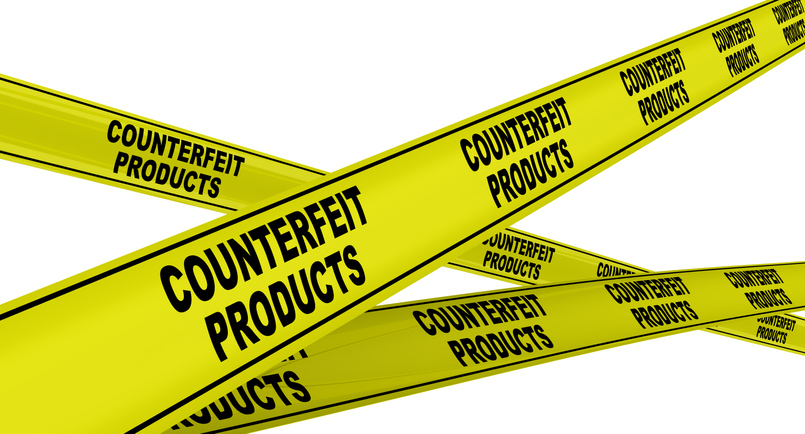Danish customs oversee thousands of counterfeit goods each year and over the past five years, the number of cases of counterfeit goods has quadrupled. This has also caused the number of intervention cases to increase.
Rights holders have a very short time to react and file an intervention action when Danish customs find potential cases of counterfeit goods. This short timeframe has rarely been an issue in the past. However, according to a new EU-regulation (Commission Implementing Regulation (EU) 2020/1209 of 13 August 2020 amending Implementing Regulation (EU) No 1352/2013) it has been mandatory since September 15, 2020 for the rights holder to have an EORI number in order to file a request for intervention.
Without an EORI number, the rights holder cannot submit a request for intervention, change of or extension of an existing request. The mandatory EORI number applies both to the rights holder and to representatives submitting a request on their behalf.
EORI stands for Economic Operators Registration and Identification number and is usually associated with export businesses. Given the nature of the EORI number, the party responsible for the import or export of goods may be in possession of this number and not the IP rights holder or their representative.
With deadlines so short, it is highly recommended that IP rights holders and their representatives get hold of their EORI number or apply for one with the local tax authority or companies house. Armed with an EORI number, rights holders can react when counterfeits are found by customs within the deadline stipulated by the amended regulation.





